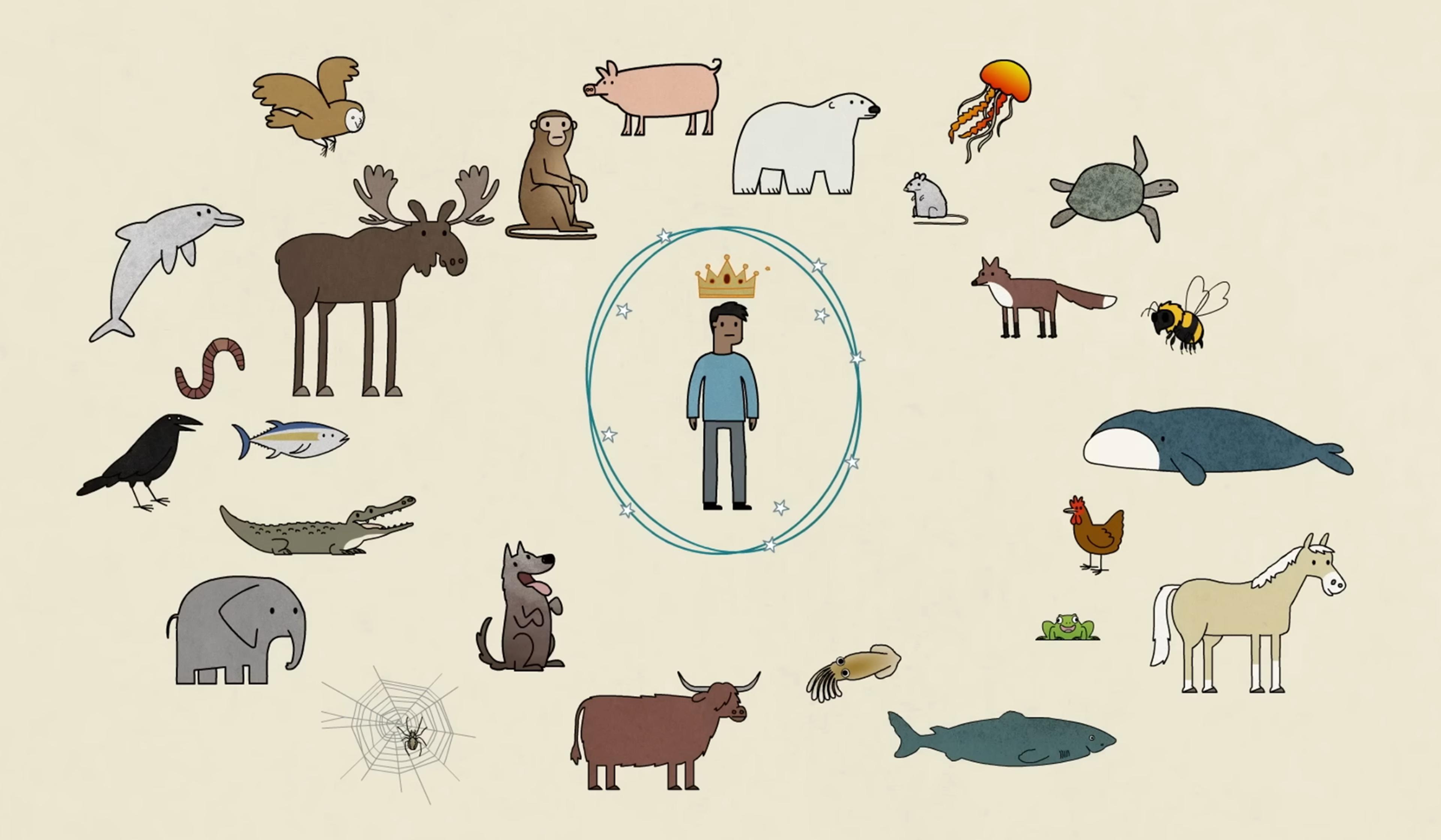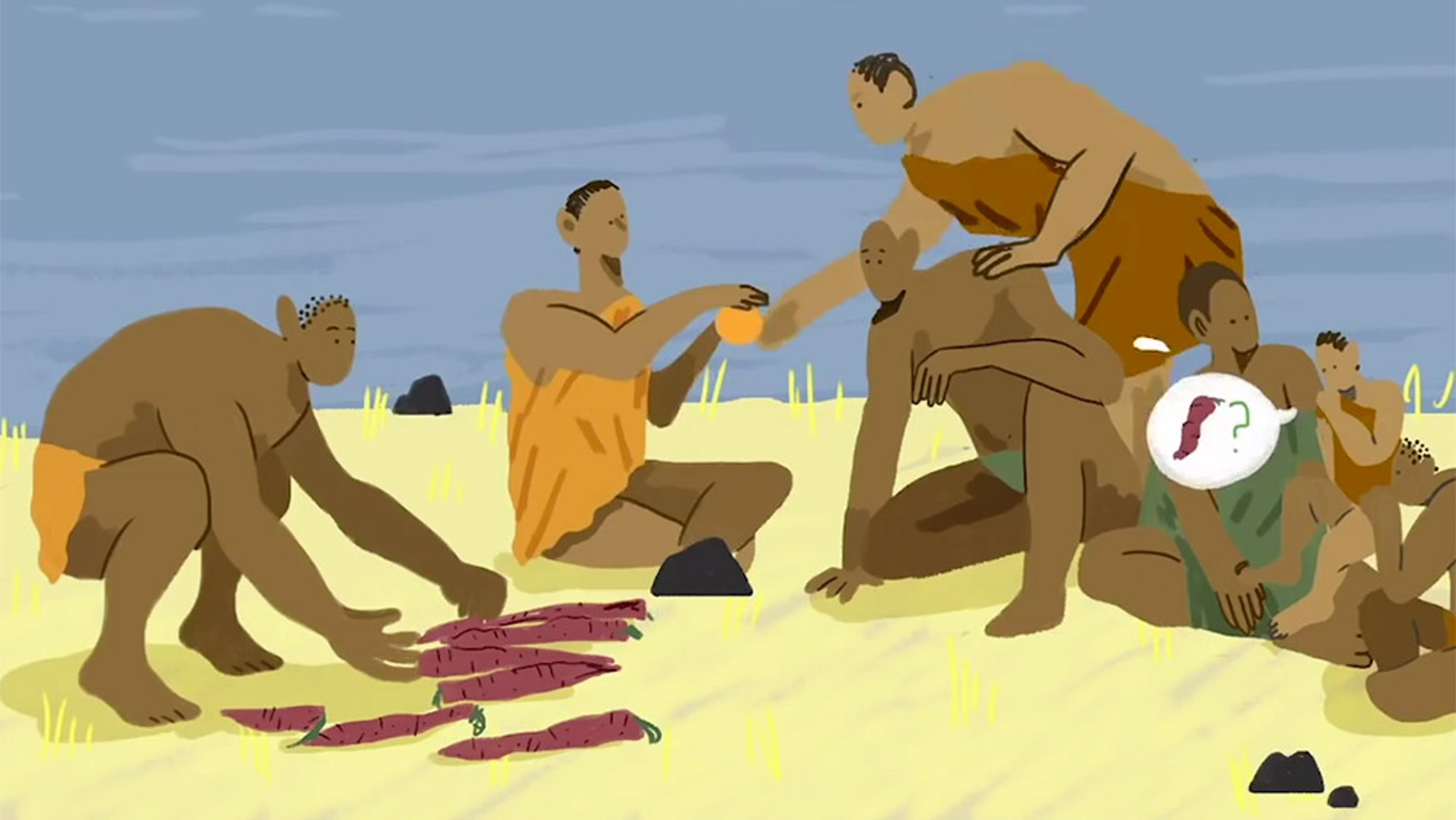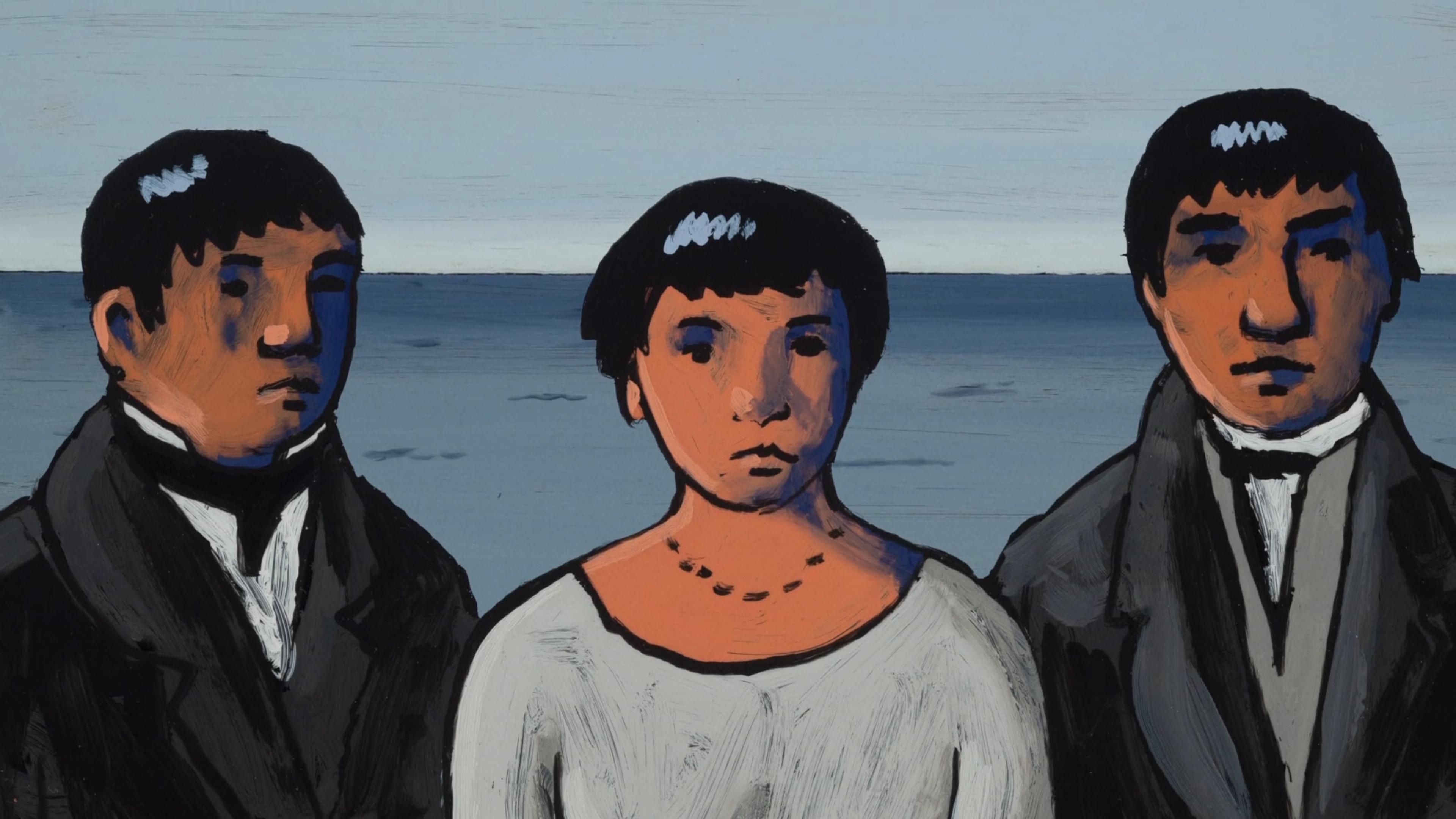One of the shockwaves from Charles Darwin’s idea that humans evolved from other animals was moral panic. If our ethics are not guided by an omnipotent and all-knowing god and, instead, life is driven by ‘survival of the fittest’ via natural selection, how could we possibly expect humans to behave with anything other than brash self-interest? Yet Darwin’s use of the phrase ‘survival of the fittest’ was hardly meant to suggest that existence was a knockdown, drag-out fight – he was very clear that generosity, sympathy and all those other traits that give us warm feelings are central to human survival. In this short video, the psychologist Dacher Keltner at the University of California, Berkeley puts kindness in evolutionary context, connecting his own recent neural-imaging work on compassion with Darwin’s view that sympathy is a cornerstone of human flourishing.
Don’t misread Darwin: for humans, ‘survival of the fittest’ means being sympathetic
Video by University of California
Website: Fig. 1

videoHistory of ideas
The self is not always selfish: Mary Midgley takes on Richard Dawkins
28 minutes

videoEvolution
How – and how not – to think about the role randomness plays in evolution
60 minutes

videoConsciousness and altered states
It’s impossible to see the world as it is, argues a cognitive neuroscientist
40 minutes

videoEthics
How many monkeys is it worth sacrificing to save a human life?
6 minutes

videoPhilosophy of religion
How wonder – the linchpin of inspiration and inquiry – makes humans unique
4 minutes

videoHuman evolution
Could grandmotherly love help to explain how we became human?
3 minutes

videoCosmopolitanism
Is the introspection of self-help and therapy hurting our ability to empathise?
10 minutes

videoGlobal history
The story of the captives transported on the HMS Beagle with Darwin
9 minutes

videoEthics
Facts and reason are not enough. If you want to understand politics, look to morals
3 minutes